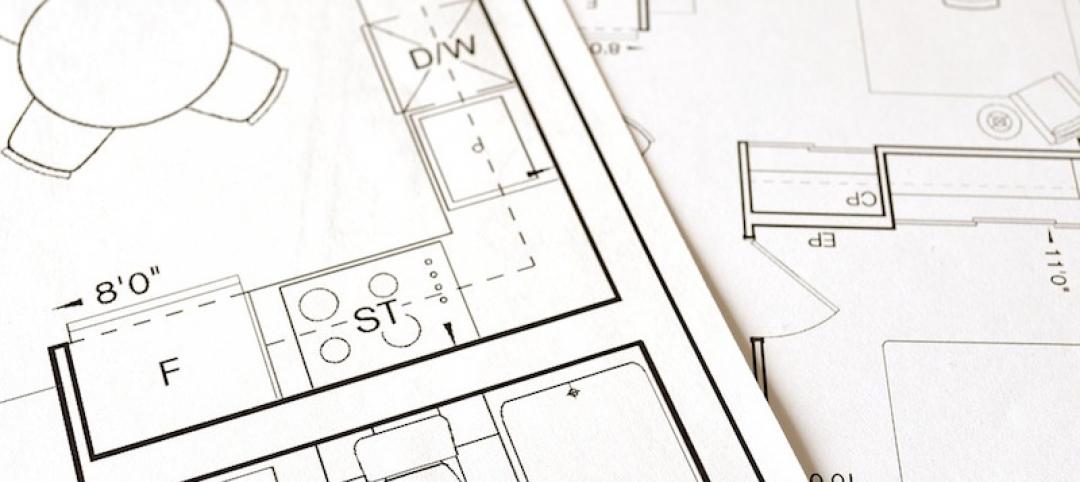The Washington D.C. Council recently passed legislation that will make it more expensive for owners to hold vacant or blighted property.
The Vacant Property Enforcement Act of 2016 reduces the maximum amount of time a vacant property can qualify for an exemption from higher vacancy tax rates. It also closes a loophole that allows continuous renewal of construction permits to qualify for tax exemptions, and require owners of vacant properties to prove they are no longer subject to the higher tax rates.
"The District has a substantial number of vacant properties, many of which are poorly maintained,” the bill report says. "Property owners may keep their properties vacant or fail to maintain them because they expect property values to rise over time. Poorly maintained and vacant properties can damage surrounding communities by being eyesores, by serving a venue for drug use and by providing a home for rodents or other animals. The net effect is to reduce the feeling of a cohesive community and depress surrounding property values."
The legislation reduces the time an owner can claim an exemption from higher taxes because of construction to one year for residential properties and to two years for commercial properties. Fines for failing to comply with city property regulations will rise from $1,000 to $5,000.
Related Stories
Codes and Standards | Nov 15, 2017
U.S. finalizes tariffs on Canadian softwood lumber
The duties would add 20% or more to cost if trade negotiators can’t find common ground.
Codes and Standards | Nov 15, 2017
NBI stretch code a tool for accelerating efficiency standards
It provides a strategy to leapfrog minimum code requirements.
Codes and Standards | Nov 14, 2017
California bill would require purchase of low-carbon construction products
Contractors would have to source products based on greenhouse gas impact, not price, on state projects.
Codes and Standards | Nov 13, 2017
New AIA contract document for facility support services released
Updated form intended to be used with owner-architect agreements.
Codes and Standards | Nov 9, 2017
NIBS, NBI issue guidance document to help communities achieve energy goals
Outcome-based codes compliance path looks at building’s actual performance.
Codes and Standards | Nov 7, 2017
Underwriters Laboratories launches wellness certification
First certification program that verifies products’ compliance with the WELL Building Standard.
Codes and Standards | Nov 6, 2017
Registration now open for Canada’s first Zero Carbon Building (ZCB) program
Standard is designed to be applicable across many types of new and existing buildings.
Codes and Standards | Nov 6, 2017
AIA releases new architect commissioning document
It will be used with the standard form for owner/consultant contracts.
Codes and Standards | Nov 2, 2017
ASHRAE releases new version of Thermal Comfort Standard
Update includes calculations from direct solar radiation.
Codes and Standards | Nov 1, 2017
Drone users can now get instant authorization from FAA
Skyward offers app to receive permission for low altitude flights.














